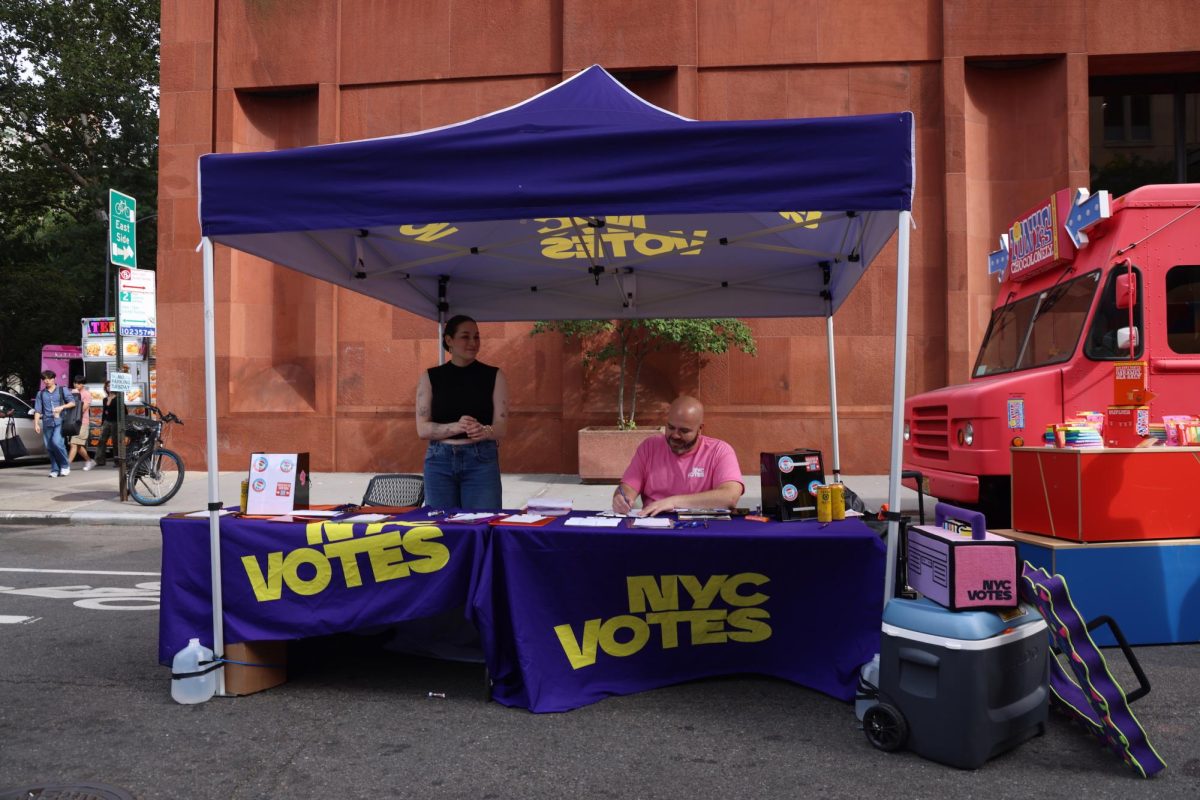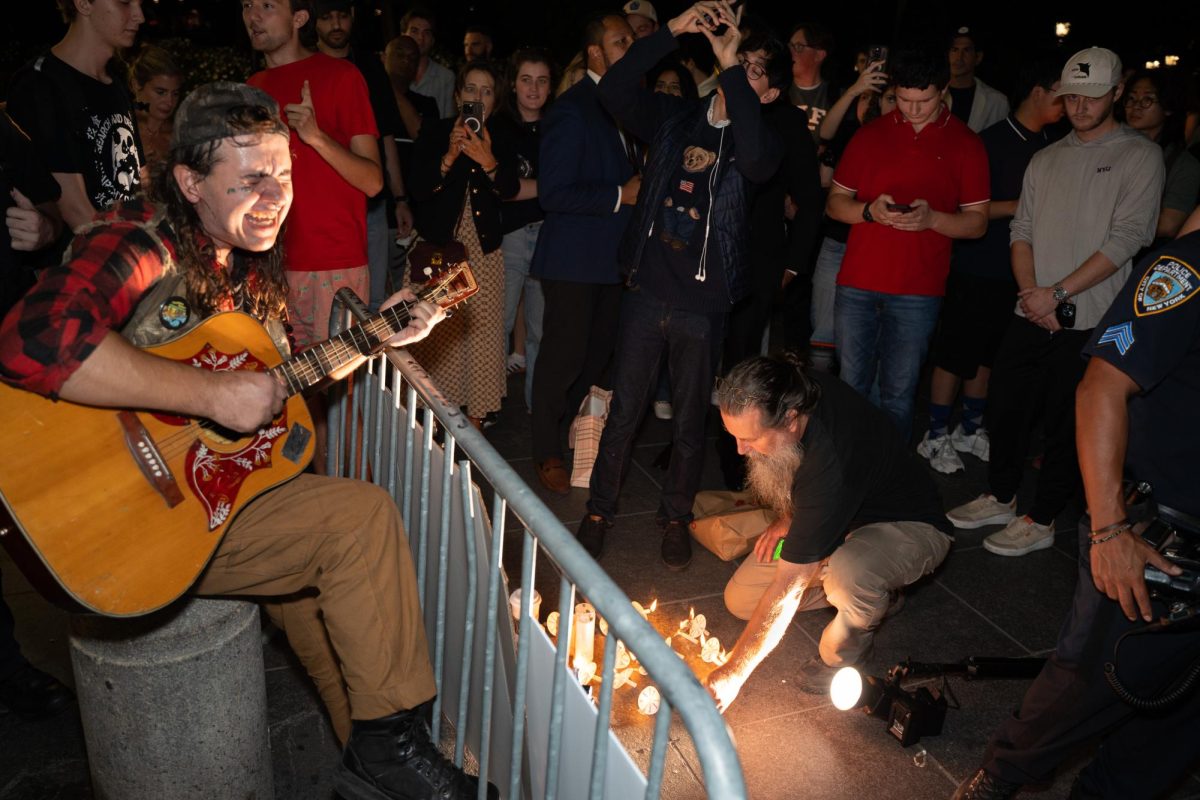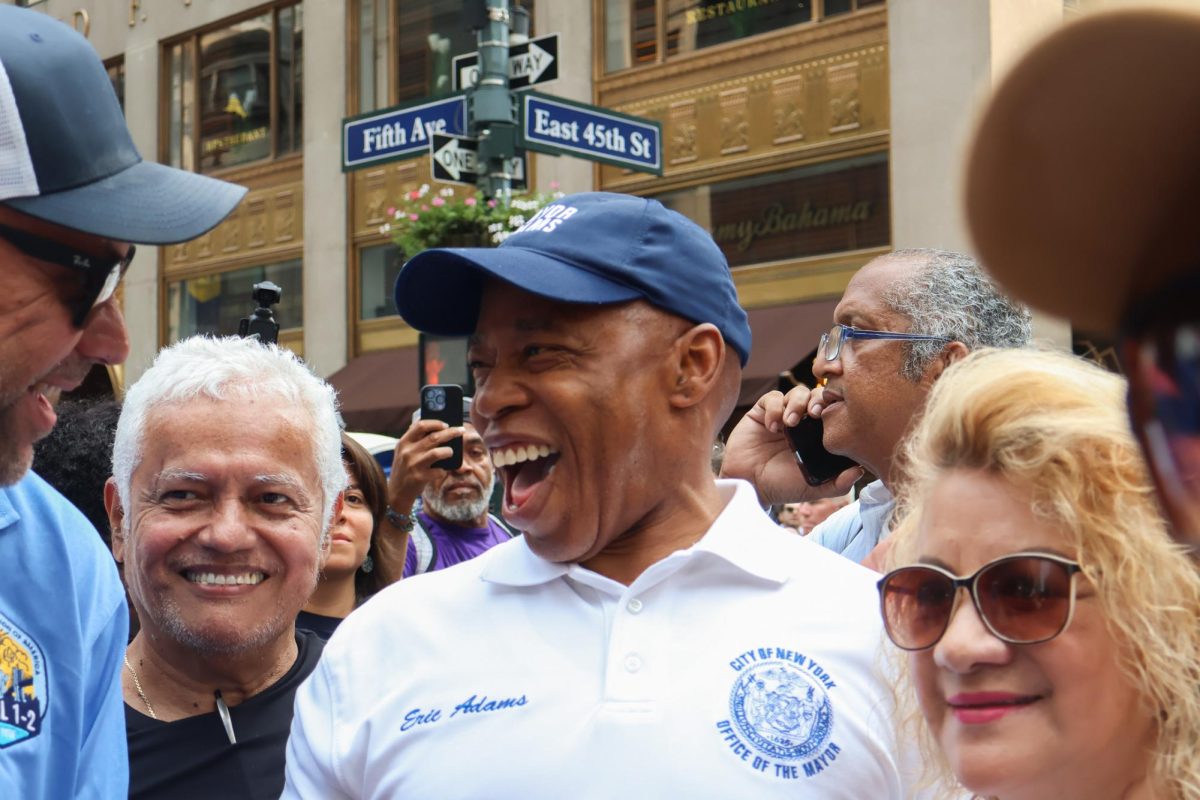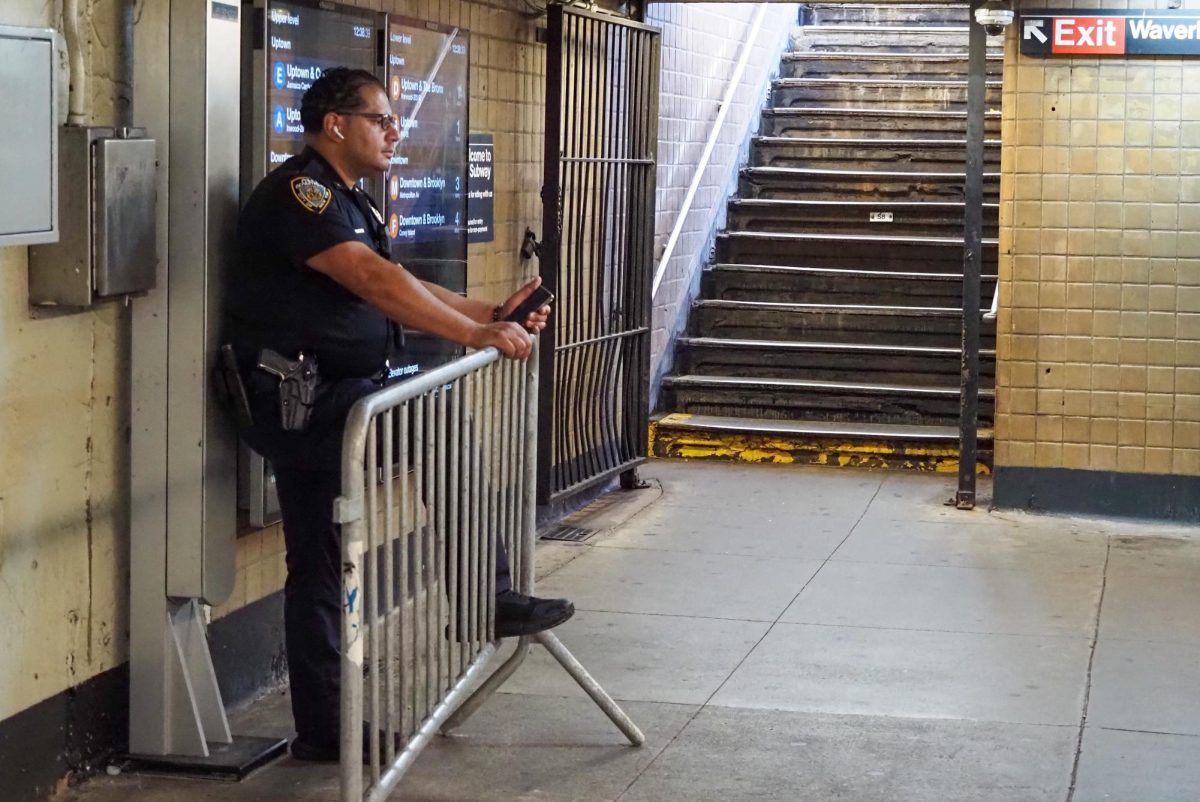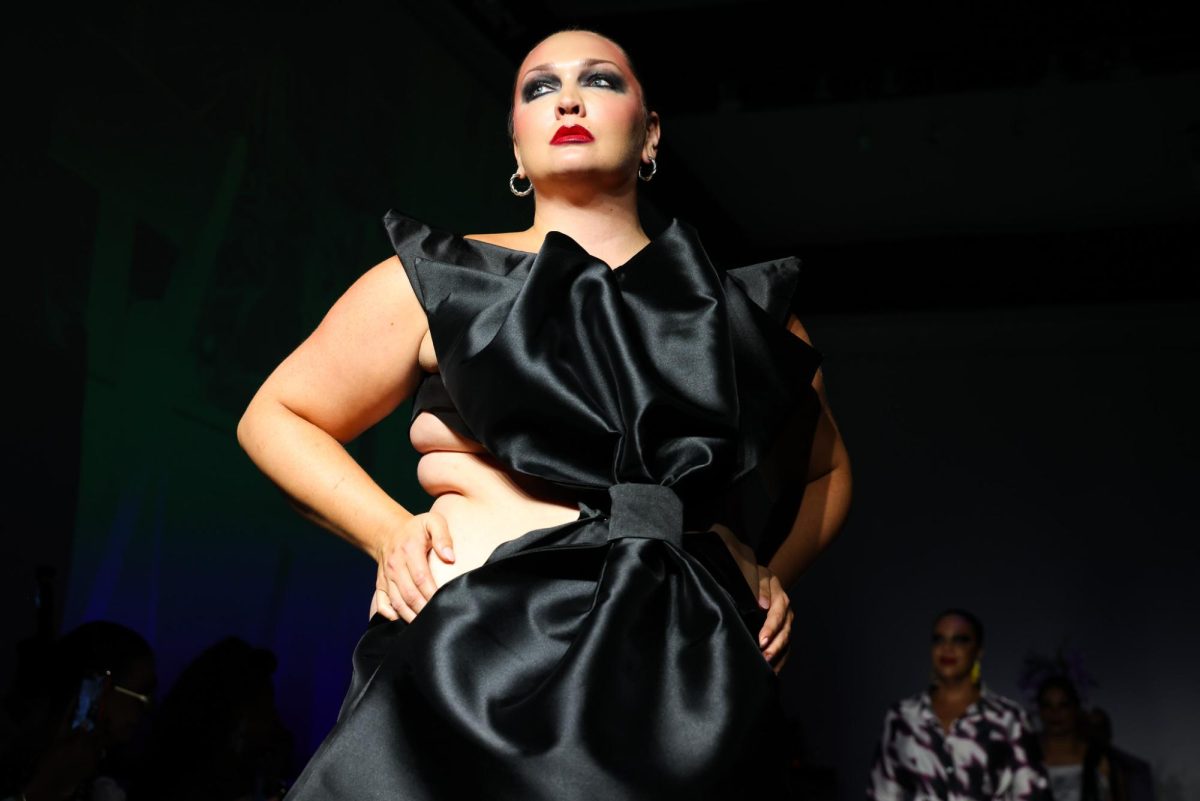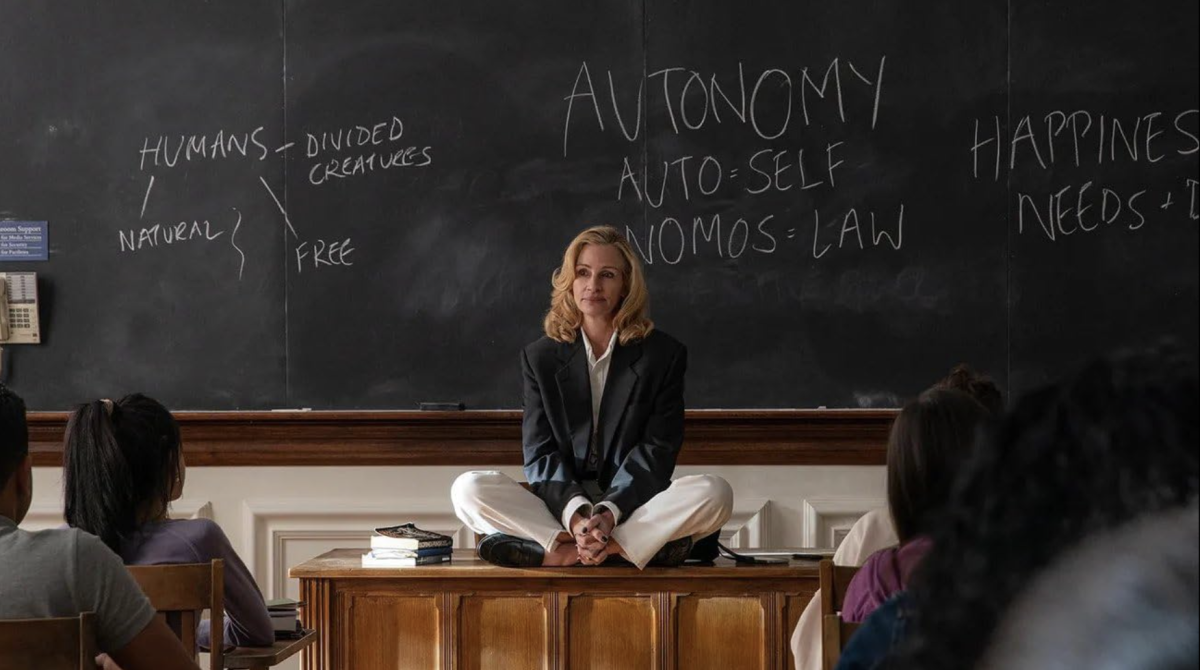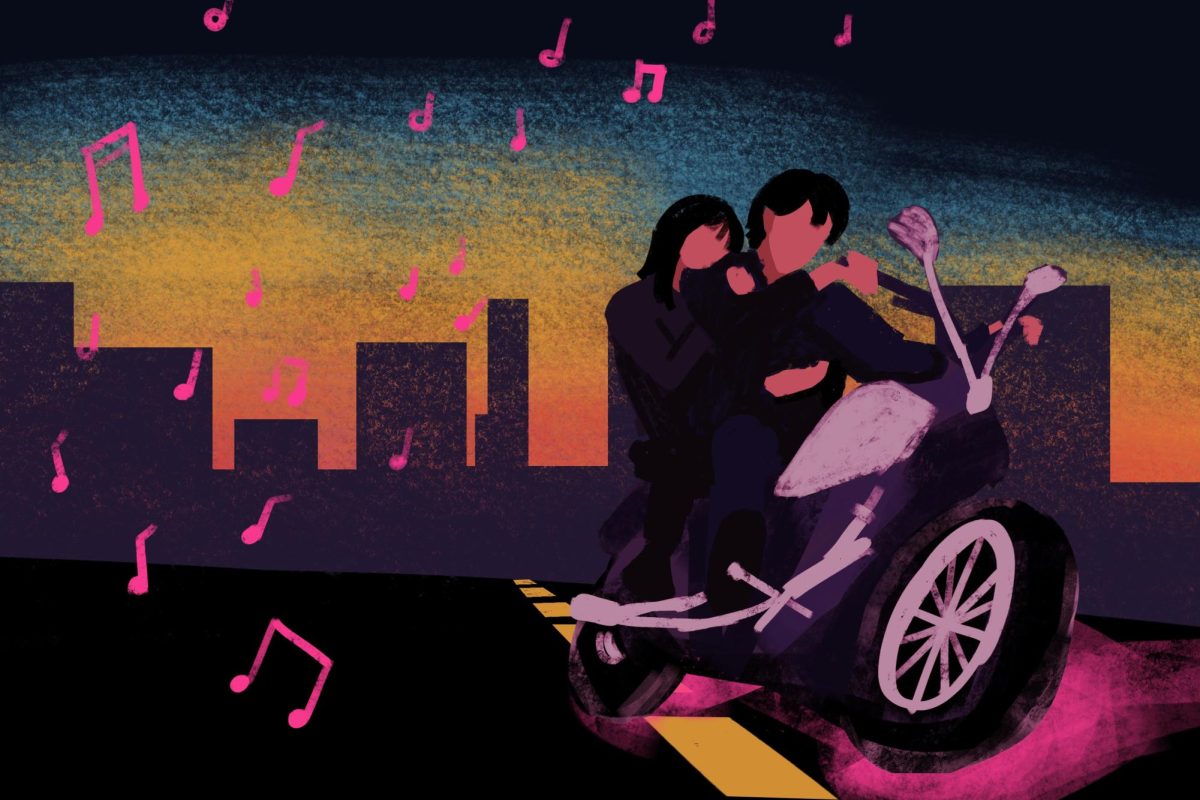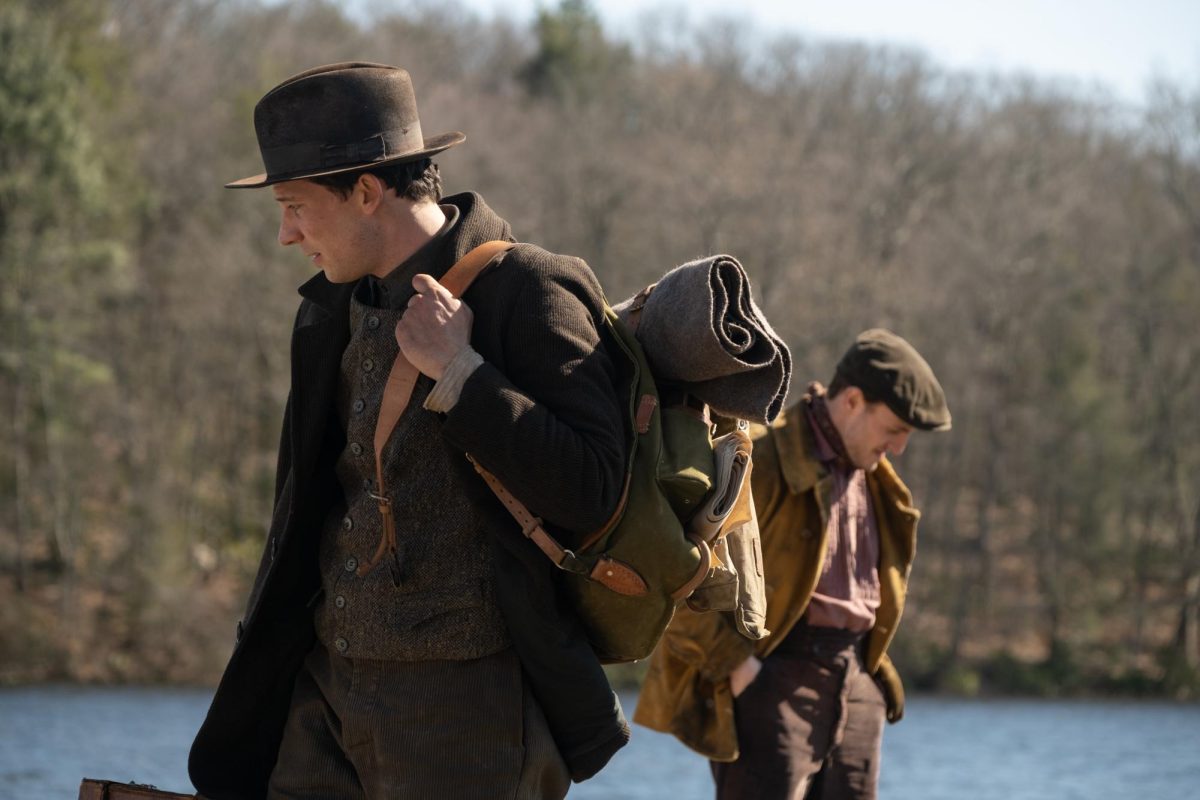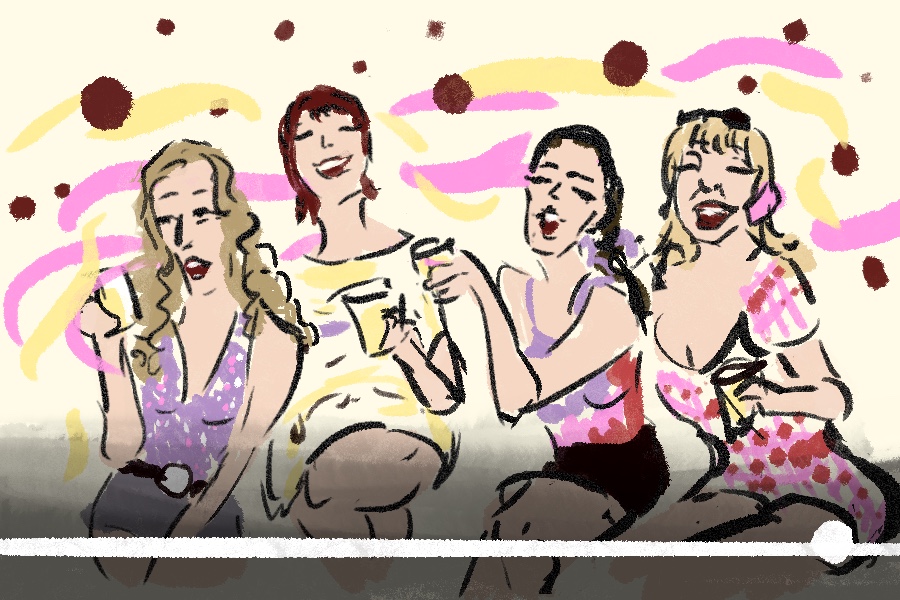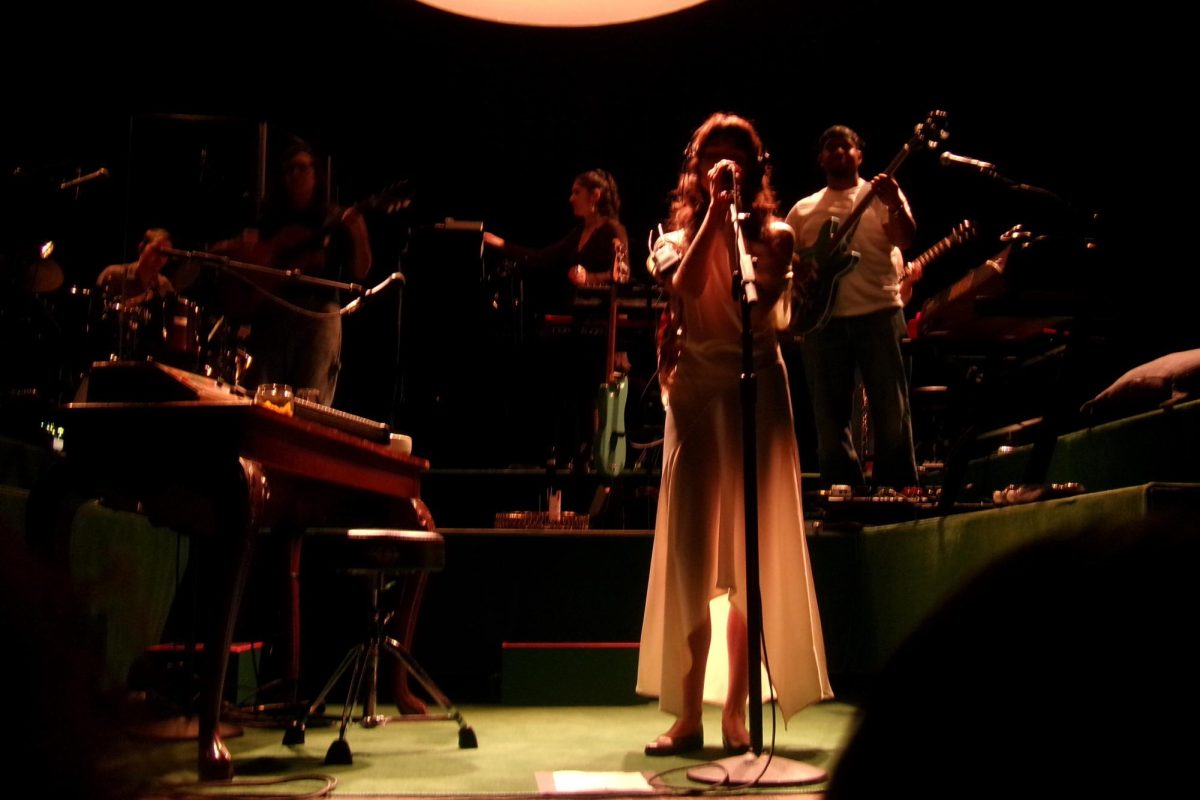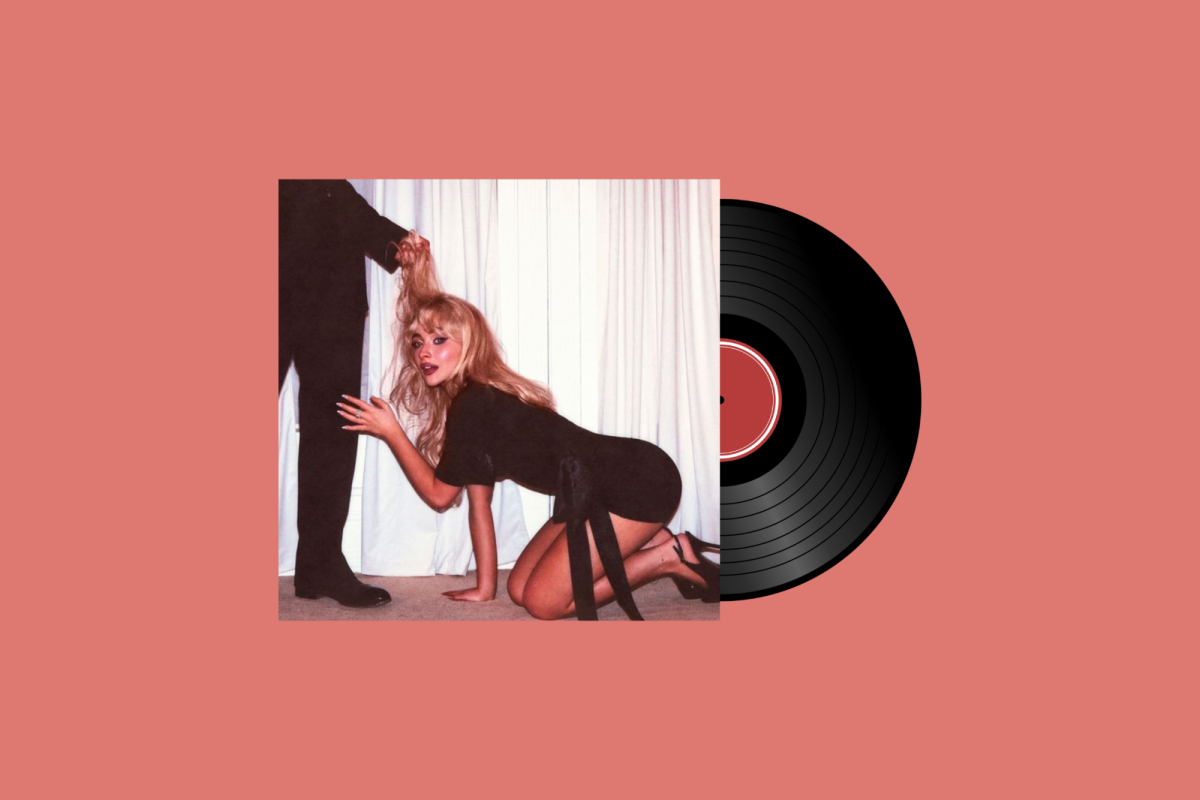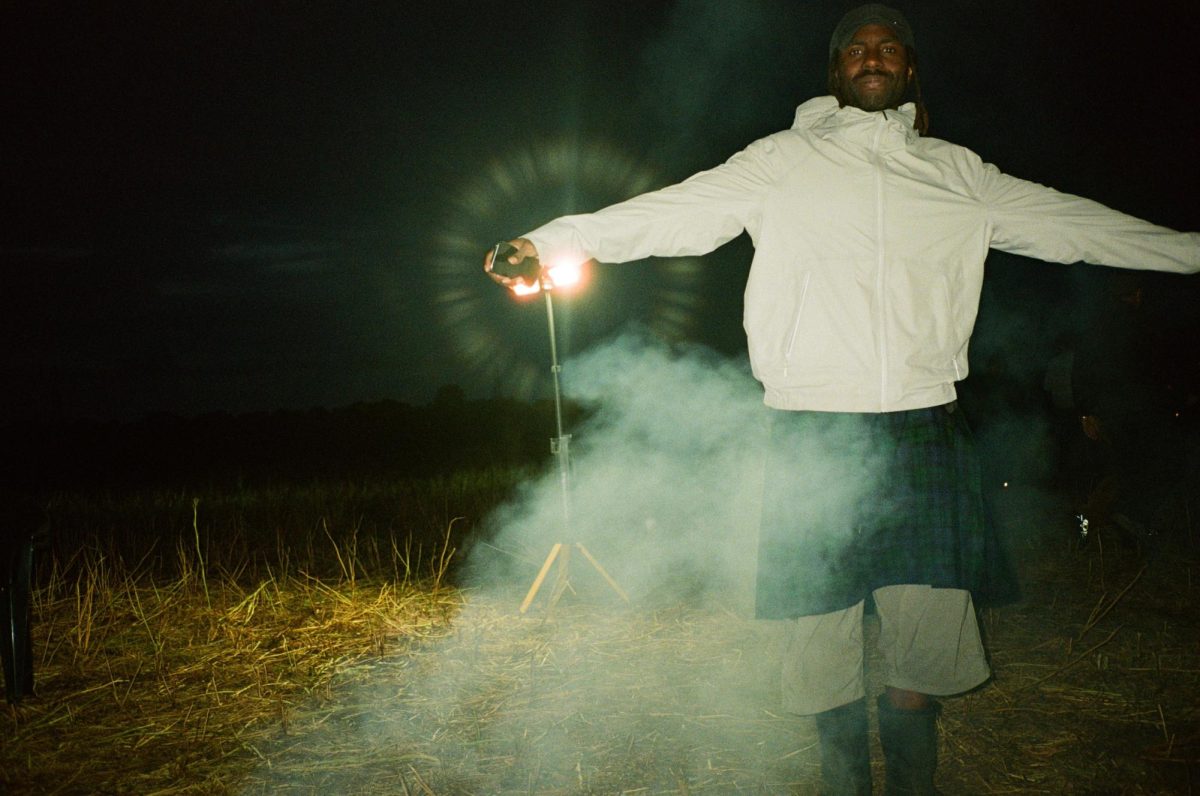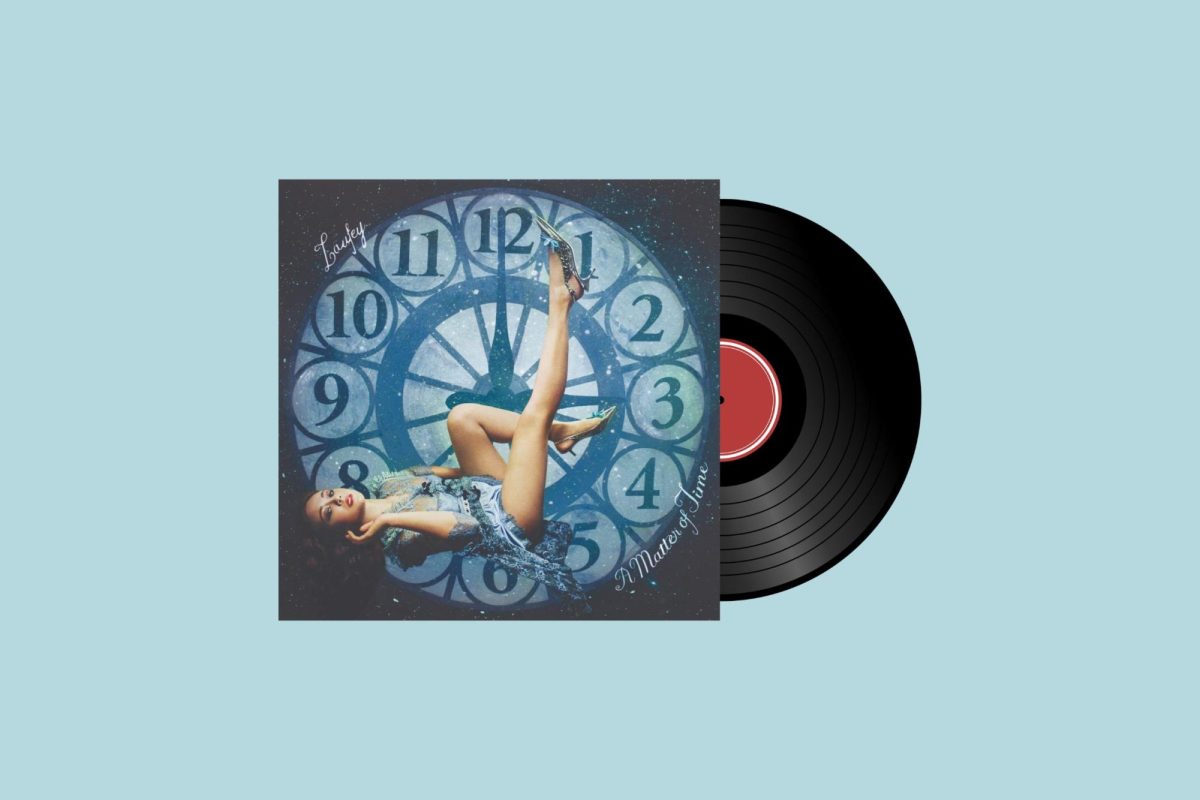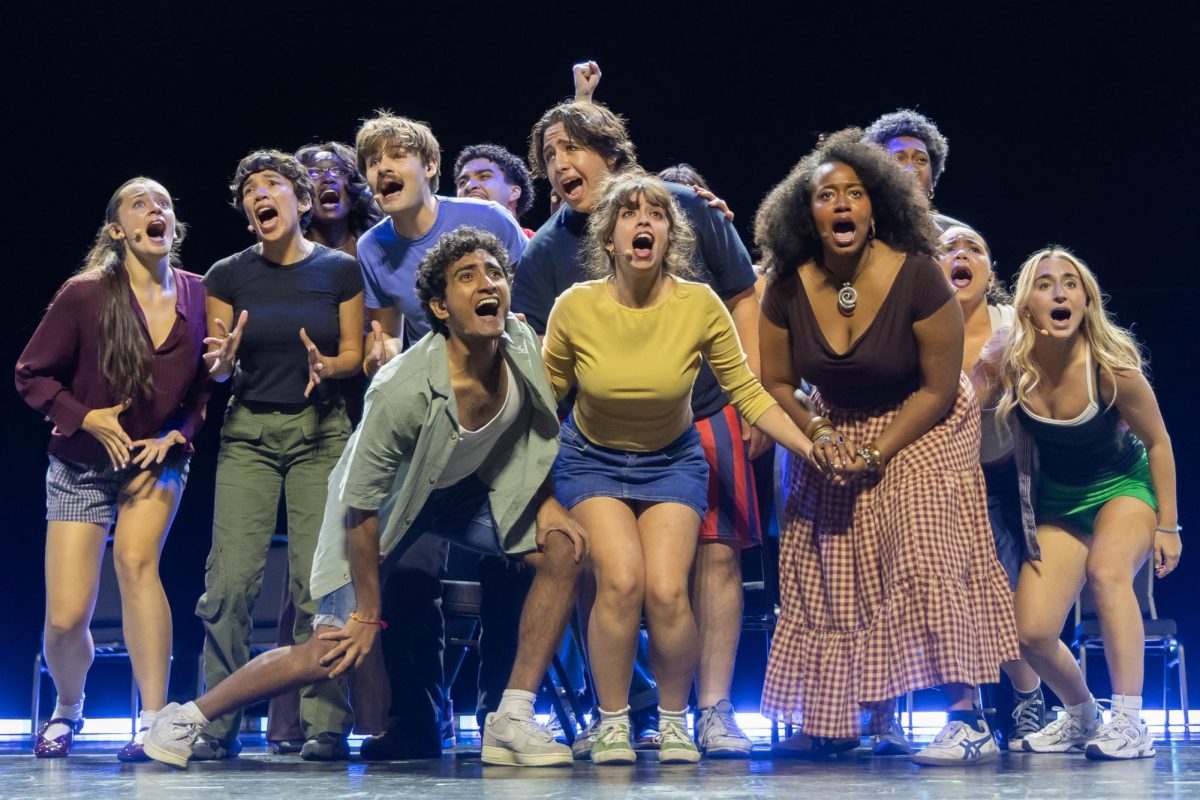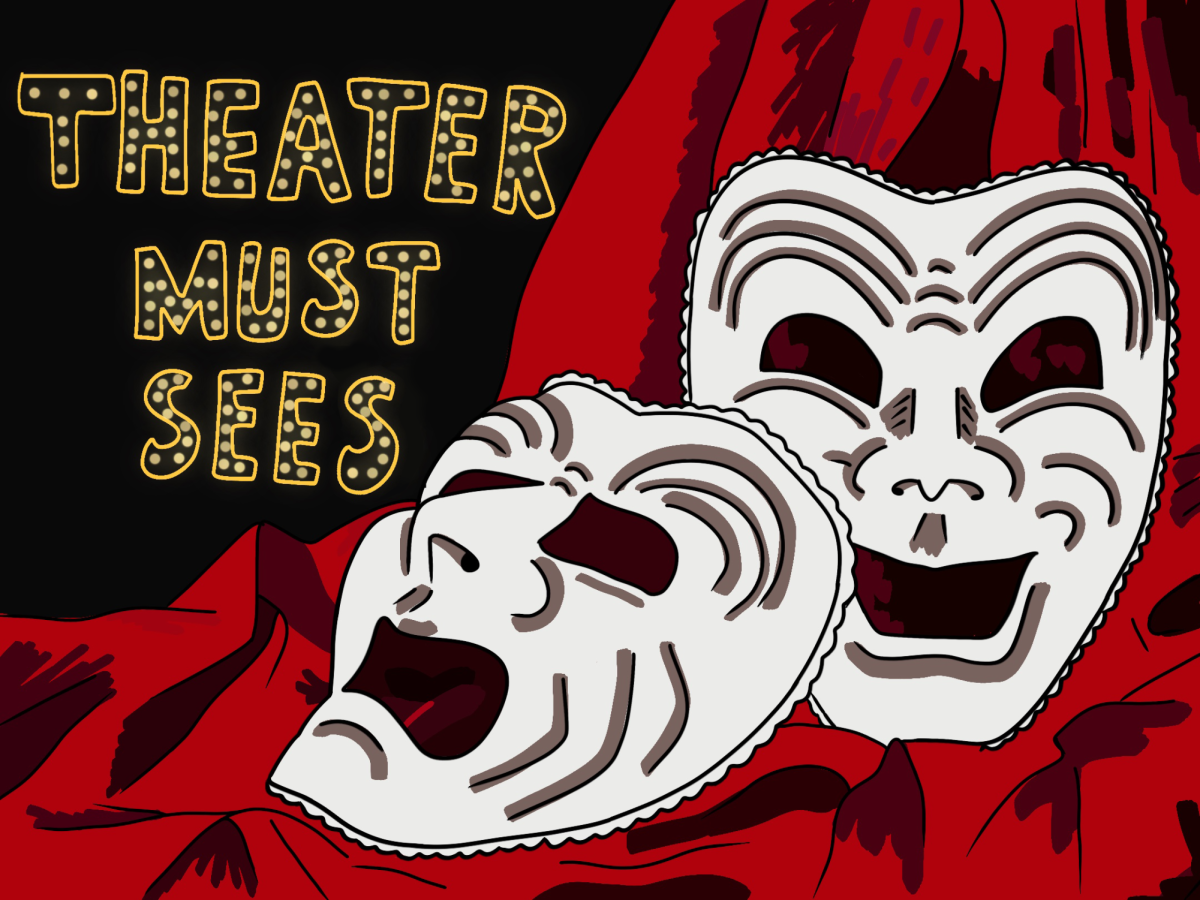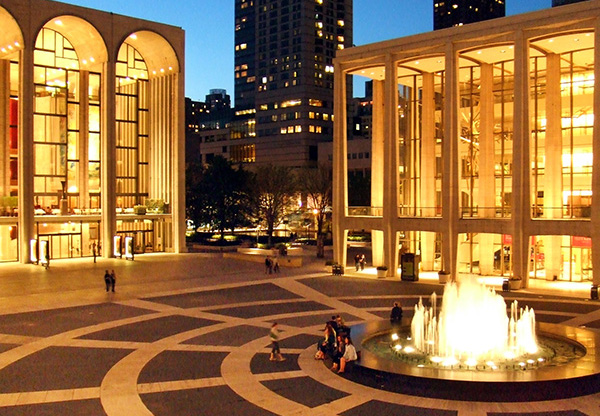
Torture, murder, suicide — the dark realities of human nature battle against idealism of true love in Giacomo Puccini’s “Tosca,” which is playing through Dec. 28 at the Metropolitan Opera. Over a century after it was written, “Tosca” continues to exhilarate its audience, twisting and tearing emotions until the tragic red curtain falls.
Patricia Racette returns to the role — having previously played it in 2009 — as the titular character, who is struggling against her jealous love for painter Cavaradossi. Tosca’s radiating femininity entrances men, including police captain Scarpia, who stops at no ends to manipulate Tosca to his own sadistic wills.
Ethereal lighting reveals a 19th-century Rome following the city’s successful battle against Napoleon Bonaparte. The plot begins with Angelotti, a political criminal, hiding from the Roman government in the chapels of Church Sant’Andrea della Valle. Cavaradossi is working on his painting of Mary Magdalene when he discovers an exhausted Angelotti.
A cautious accomplice, Cavaradossi disguises Angelotti as a woman. But the pair is not stealthy enough to get past a jealous Tosca, as she enters the chapel convinced that Cavaradossi just saw a secret lover. Drama spirals into intensity when Scarpia uses Tosca’s burning jealousy as a weapon for two purposes — to execute Angelotti and to exterminate Cavaradossi so he can finally make Tosca his own.
The melodrama increasingly swells in emotion over three acts. Although the plot is well-known to any operagoer familiar with the classic, the actors’ compelling power and chilling voices keep audiences glued to the edge of their cushioned seats, but the cast also delivers comedy at unpredicted and well-timed moments.
Donovan Singletary, who plays Angelotti, endearingly sets up the beginning of the first act. Singletary is robust and smiles with a lingering boyish charm. However, Rocette commands full attention the second her voice is first heard reverberating through the auditorium. Racette fully embodies Tosca.
From her grand movements to her equally divine voice, she seamlessly steps into the role of an impassioned diva. George Gagnidze, who plays antagonist Scarpia, plays the perfect counterpart to Racette — her emanating femininity and his domineering masculinity are equally matched
The staging of the opera matches the melodramatic intensity and accommodates both the size of the audience and potential language barriers. Every place and position of the actors maintain a natural flow, yet are able to tell a story on their own.
Instead of the audience’s imaginations filling in physical space, their minds create images of the agonizing blood-dripping torture happening off stage. Likewise, the audience is forced to imagine — even if they refuse to accept — Tosca’s indisputable tragic fate.
Coleen Nguyen is a contributing writer. Email her at [email protected].

